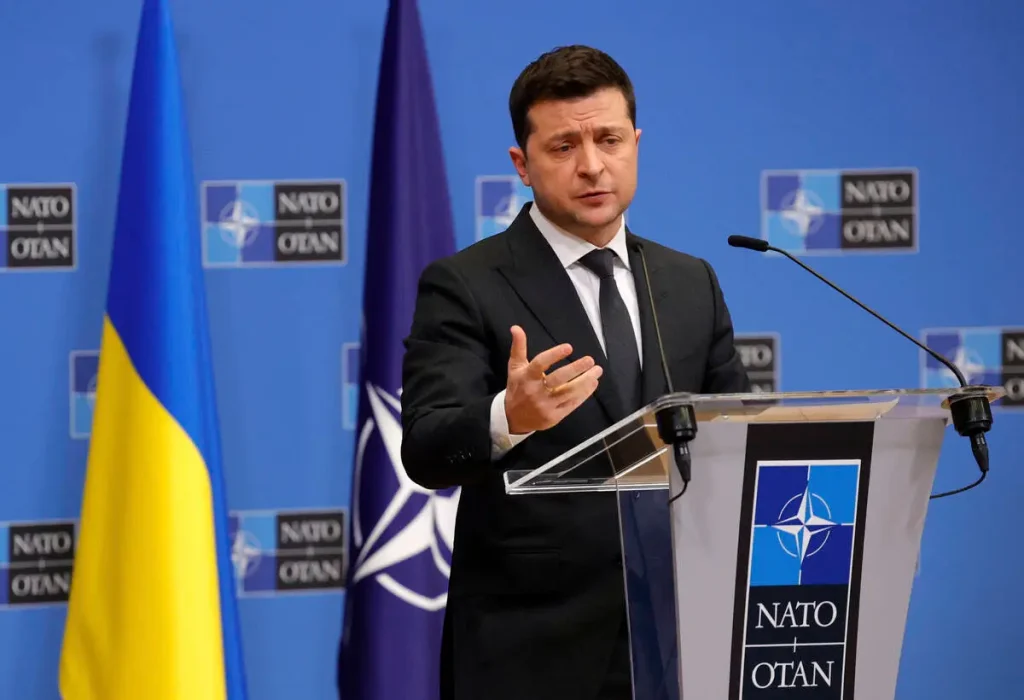The geopolitical landscape in Eastern Europe is shifting as global leaders reassess their positions on the Russia-Ukraine war. Headlines such as “Europe Prepares to Face Russia as America Steps Back” (The New York Times) and “Trump to Abandon Ukraine” (Daily Hampshire Gazette) signal a critical moment in international policy. Meanwhile, concerns over Europe’s security are mounting, with reports suggesting a lack of clear guarantees for Ukraine’s future.
U.S. Policy and the Ukraine War: A Turning Point
Since the onset of the conflict, the United States has been a key player in supporting Ukraine. However, recent shifts in political rhetoric indicate a change in course. Diplomatic experts, including Jeffrey Sachs, have long warned of the potential for the conflict to become unsustainable. With growing public skepticism and shifting political priorities, the U.S. stance on Ukraine is facing new challenges.
One argument that has emerged suggests that ideological priorities may have played a role in shaping the war effort. Analysts claim that the integration of social and political movements into foreign policy has had unintended consequences, influencing public perception and policy effectiveness.
Ukraine’s Political Landscape and International Influence
Ukrainian President Volodymyr Zelenskyy, a former comedian turned politician, has been at the center of the country’s wartime leadership. His rise to power and his administration’s alignment with Western democratic values have drawn both praise and criticism. Some political theorists argue that Ukraine has been positioned as a battleground not only for military conflict but also for ideological confrontation.
Russian philosopher Alexander Dugin has characterized the conflict as a cultural divide, citing differences in governance, societal values, and national identity. In an interview with journalist Tucker Carlson, Dugin suggested that Russian President Vladimir Putin views Ukraine as a frontier in a broader struggle between traditionalism and Western liberalism. This perspective underscores the deep-rooted ideological tensions that extend beyond the battlefield.
Public Sentiment and Policy Shifts
Public opinion in the U.S. and Europe has also shifted, with increasing calls for a resolution to the war. A Gallup poll from December revealed that a majority of respondents favor ending the conflict over prolonged military engagement. This change in sentiment may be influencing policymakers as they weigh strategic decisions for the future.
Former U.S. President Donald Trump recently met with French President Emmanuel Macron, where he reiterated his stance on achieving a swift resolution. “It looks like we’re getting very close,” Trump remarked, signaling a potential shift in diplomatic efforts.
The Future of U.S. Involvement in Ukraine
As international discussions continue, the role of the United States in Ukraine remains a topic of debate. While some argue that ideological considerations have shaped past policies, others emphasize the need for strategic, pragmatic approaches to foreign relations. Regardless of perspective, it is clear that the global response to the conflict is evolving, with long-term implications for both Ukraine and international security.
For ongoing analysis of global events, visit Issue N Fact.

